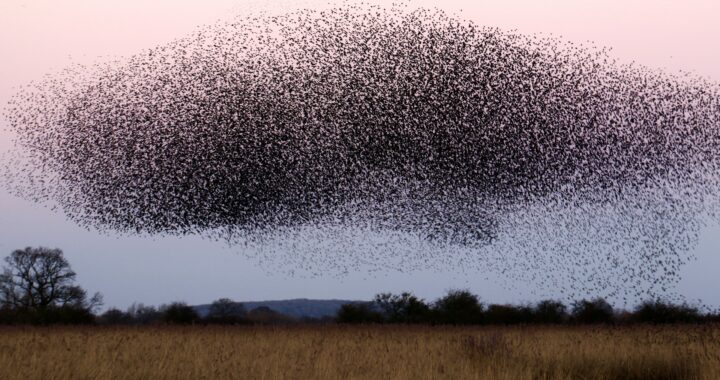
The ultimate secret: what happens when we die?
Neurowetenschap kan de dood niet volledig verklaren, maar ze laat wel zien dat sterven geen abrupt einde is.

Neurowetenschap kan de dood niet volledig verklaren, maar ze laat wel zien dat sterven geen abrupt einde is.

New research reveals a surprising connection between gut bacteria and social fear

Do you remember a childhood time when you are tickled? Do you like the sensation of being tickled? Who are the ones who tickled you and who would you like to tickle? Have you tried tickling ourselves? Tickle is a familiar sensation to most of us. Yet, we lack a thorough scientific understanding of tickling. A recent article by Dr. Kilteni from Donders Institute and Karolinska institute looked at the status and the prospect of research on tickling, revealing interesting facts about this underrated subfield in neuroscience.

The brain is an impressively rapid forecaster, completing sentences before they finish, as if informed by a crystal ball. Similar to language models like GPT, it constantly predicts words to come and is sensitive to errors.

A sudden flash of understanding can feel magical. But new research shows that “Aha!” moments are more than just a feeling, they reshape our brains in ways that make those discoveries stick.

When we talk about the human brain, we often picture the adult form – a fully folded cortex, distinct regions, complex circuits, continuous changes and overlapping functions. Yet the story of how this structure emerges is one of the most striking narratives in biology. Early brain development is an orchestrated progression of cellular decisions, migrations, and refinements that begins long before birth and sets the stage for everything that follows.

In this blog, we explore how simple decision-making mechanisms in the brain can evolve into complex social behaviour and how AI agents can help in finding such links faster.

To get straight to the point: resilience is different from acting unbothered or forcing yourself

Baking isn’t just a holiday tradition; research shows that cooking and baking can reduce stress and improve emotional well-being. Here’s what neuroscience can tell us about why it works.

Active particles are entities that move themselves by consuming energy. This blog highlights the overlaps between the field of active particles and neuroscience.